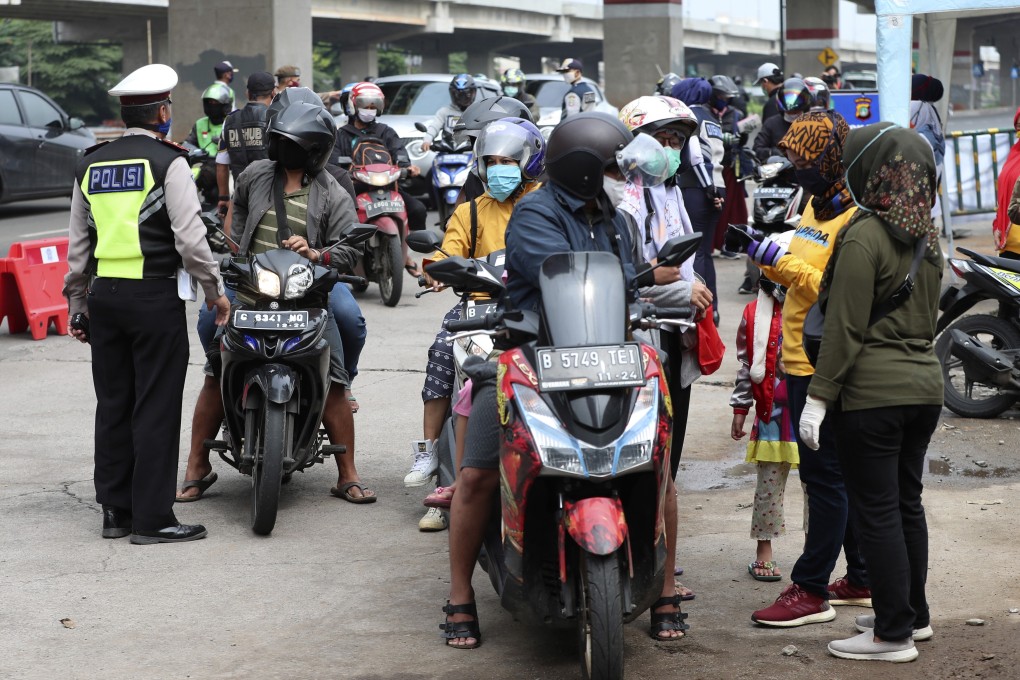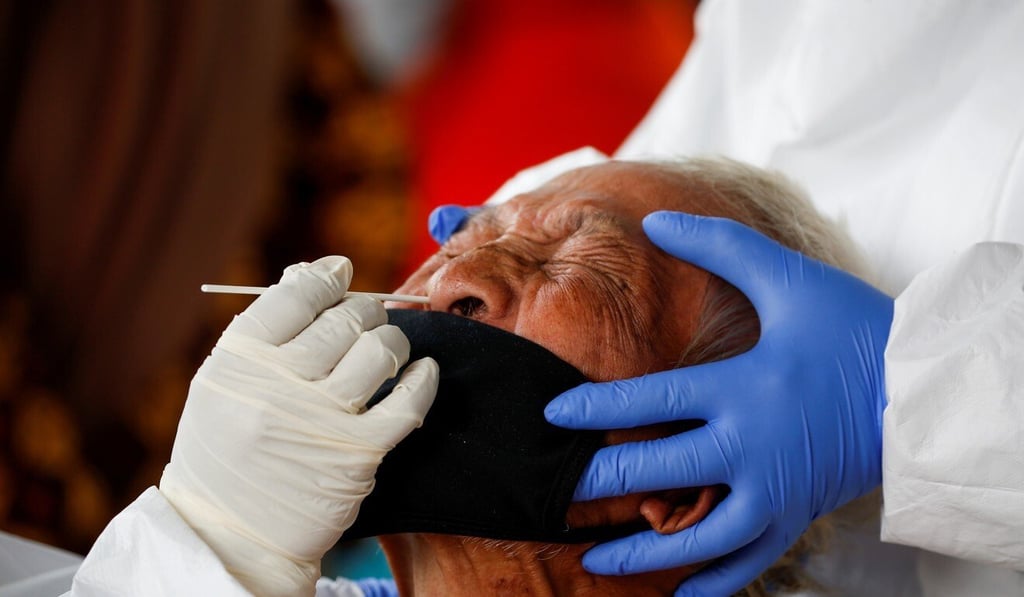Indonesian villagers catch coronavirus after opening casket and bathing dead Covid-19 patient
- That’s just one of the incidents highlighting the uphill struggle for Indonesia as its infection rate continues to soar
- Doctors use #Whatever Indonesia hashtag as relaxed travel measures bring crowds to airport, while experts fear spike in cases after Eid


02:52
Even as the country’s death toll continues to soar, on Monday reaching 18,010 infections and 1,191 deaths, reports are increasingly emerging of people ignoring their government’s restrictions and guidance on social distancing measures.
While the country has avoided a complete lockdown – rejected by Indonesian President Joko “Jokowi” Widodo due to the impact it would have on jobs and businesses – it has implemented large-scale social restrictions, which have required businesses either to close or implement work-from-home policies (though companies in “essential” sectors – which covers finance, fuel, food, medicine, retail, water, communications and logistics – are exempt).

These restrictions have been in place since last month, but experts say a mass exodus of residents from Jakarta that took place before the government banned travel in April has undermined the effort and left the country struggling to contain the virus.